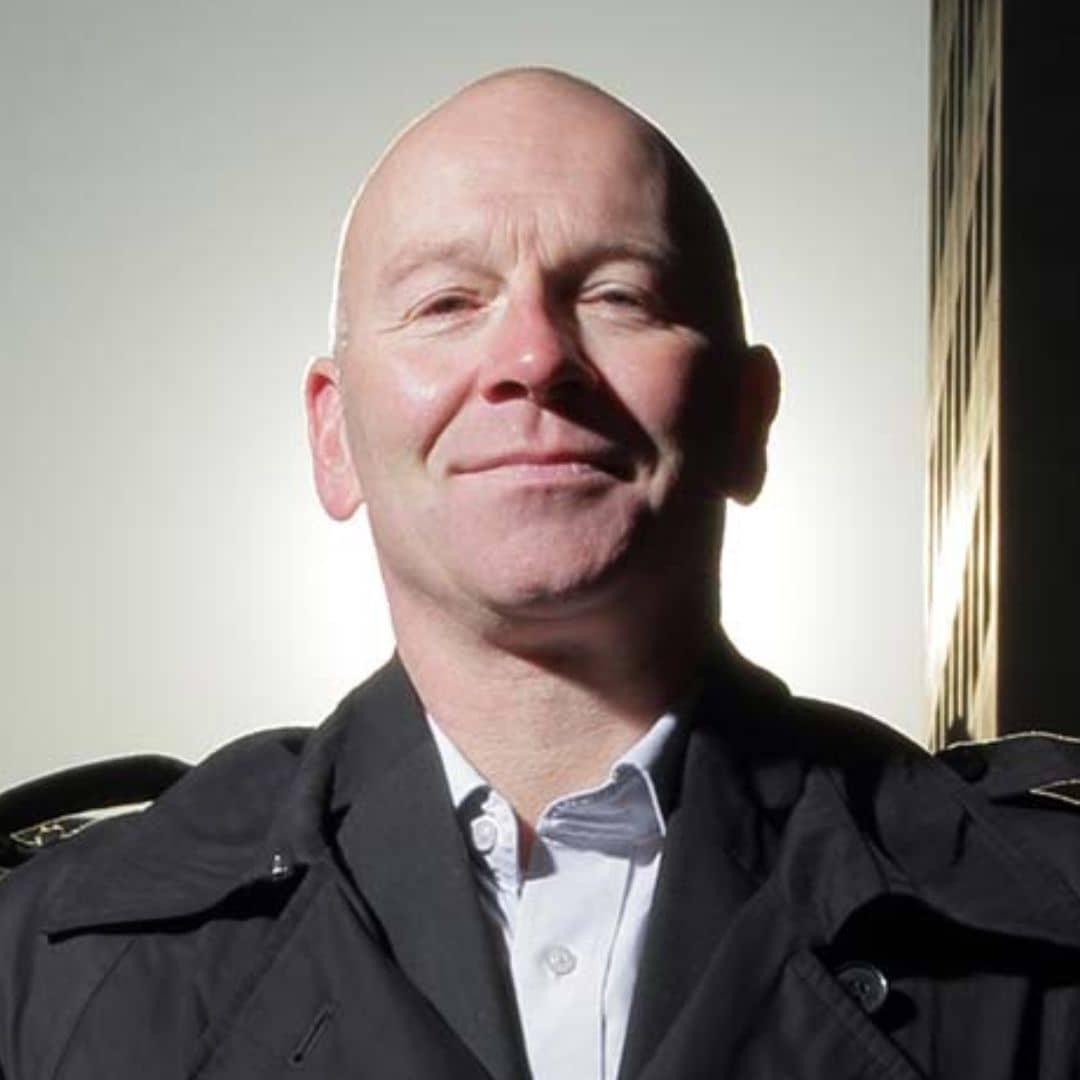The ICE project tackles the key challenge faced by isolated communities: reducing their energy vulnerability. Islands are often located at the end of energy distribution networks, or depend mainly on fossil fuel generation which can be expensive and vulnerable to supply iIssues. In this context, the ICE project has fostered several experiments on Islands, including assessments of the Islands of Ushant, Sein, Molène, Marie Galante, Isle of Wight, Saint Nicolas des Glénan and Alderney. During our session we will first present on the different experimentations that have been implemented on islands. Secondly we will pay special attention to the valorisation of dry matter, taking the example of the Islands of Ushant and Sein, and showing a tool we have developed to allow islands to calculate the energy value of the waste they could collect. Finally, we will focus on wet matter and present the Isle of Wight use case, demonstrating how they aim to valorise their seaweeds.
Bioeconomy for Islands: How to Valorise your Waste and Produce Energy?
Sponsored by
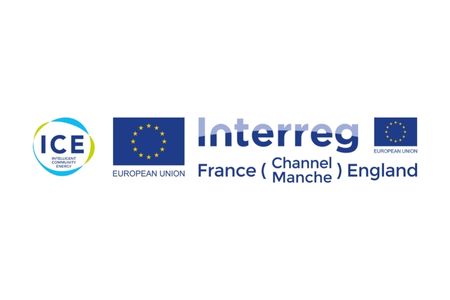
Speakers:
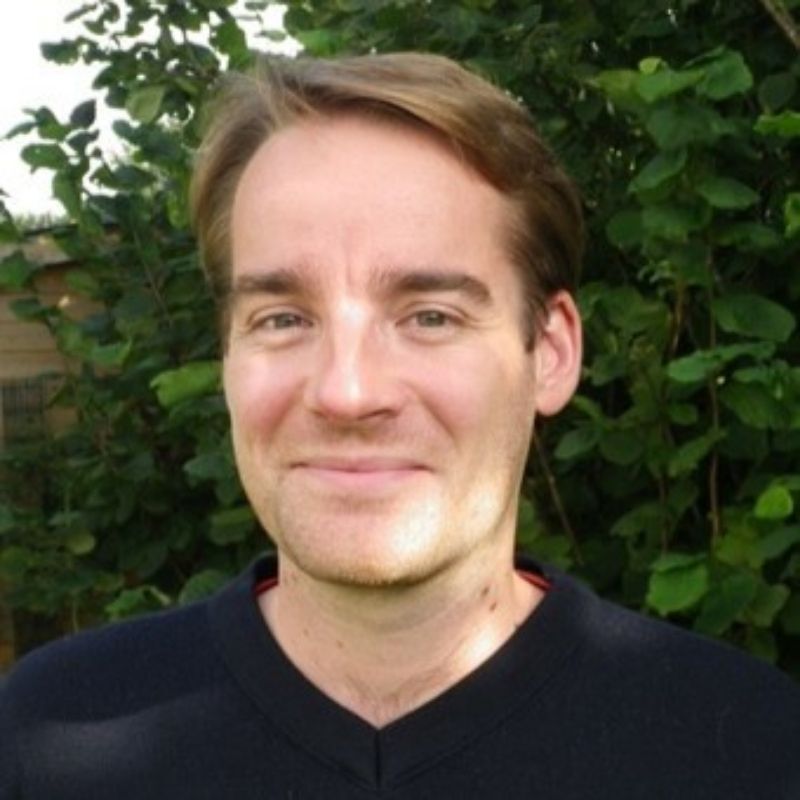
Gwendal Vonk
Project Manager, SDEF, France
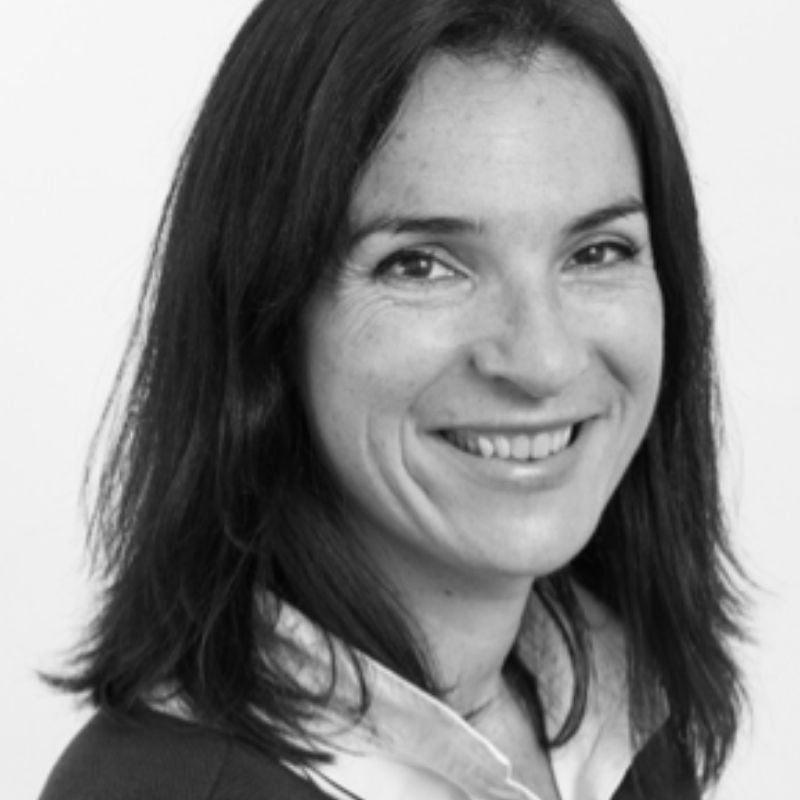
Hélène Morin
Head of European Affairs, Bretagne Développement Innovation
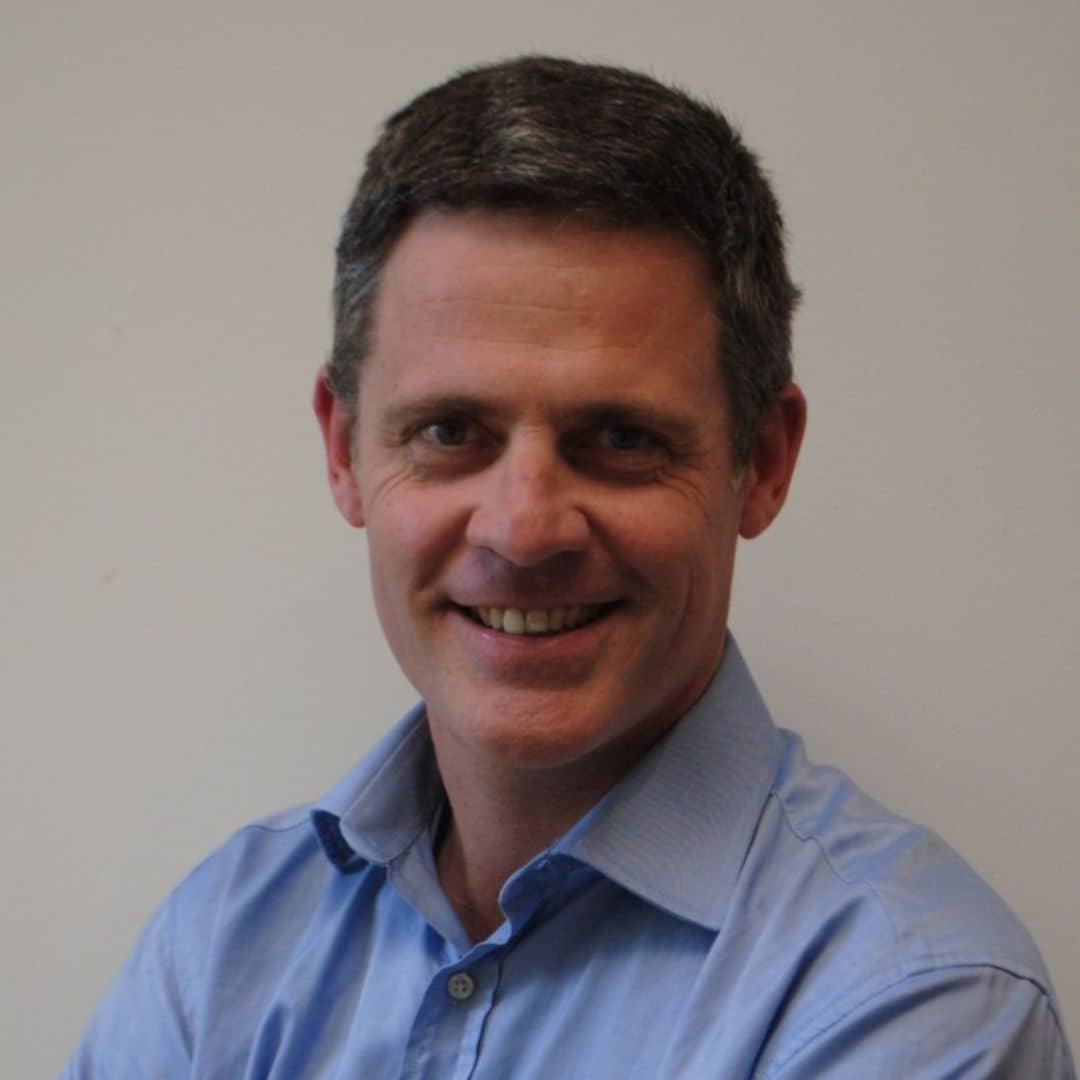
Jean-Baptiste Wallaert
Seaweed Expert, JBW Consulting
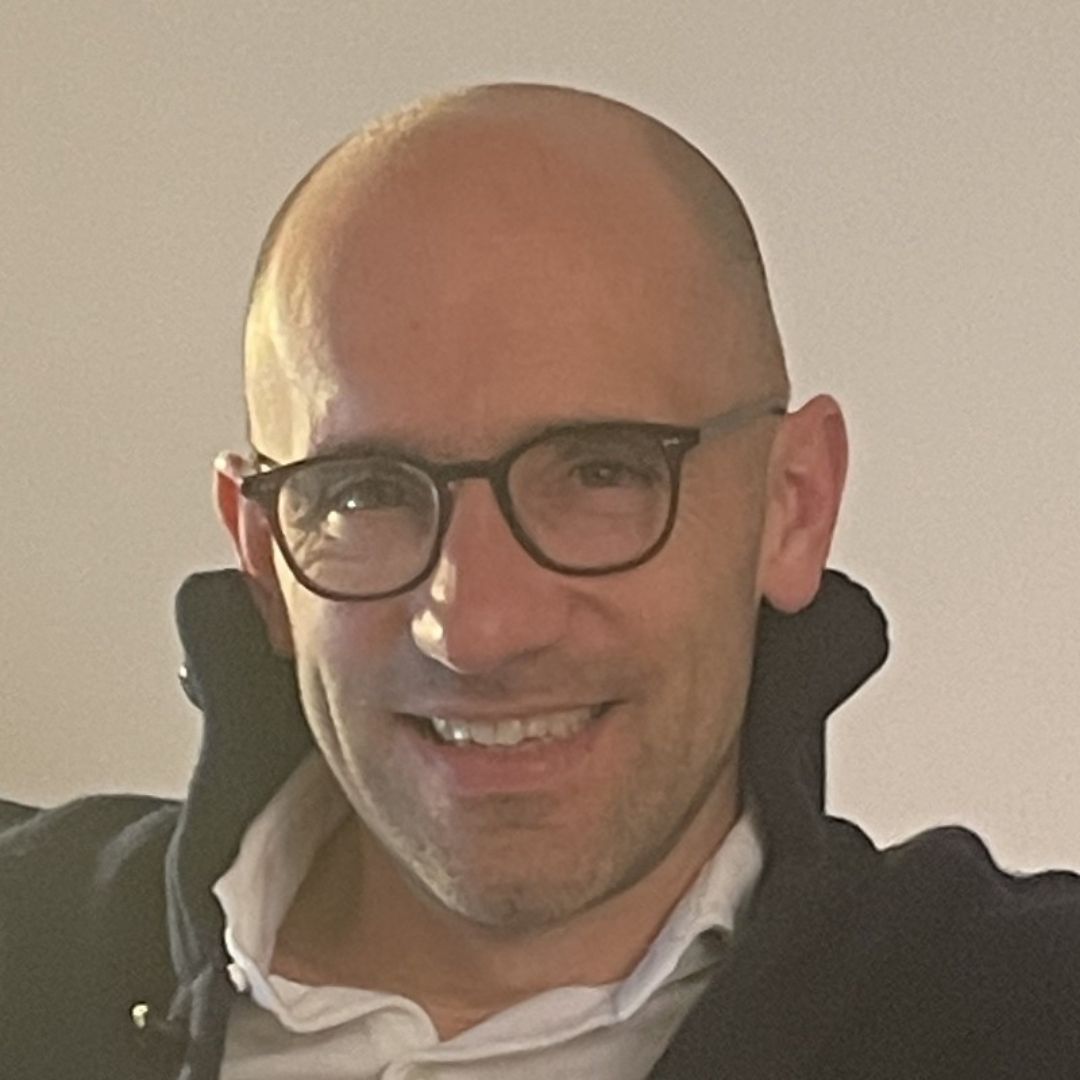
Sebastien Dalmas
Founding Partner, Edenway Group
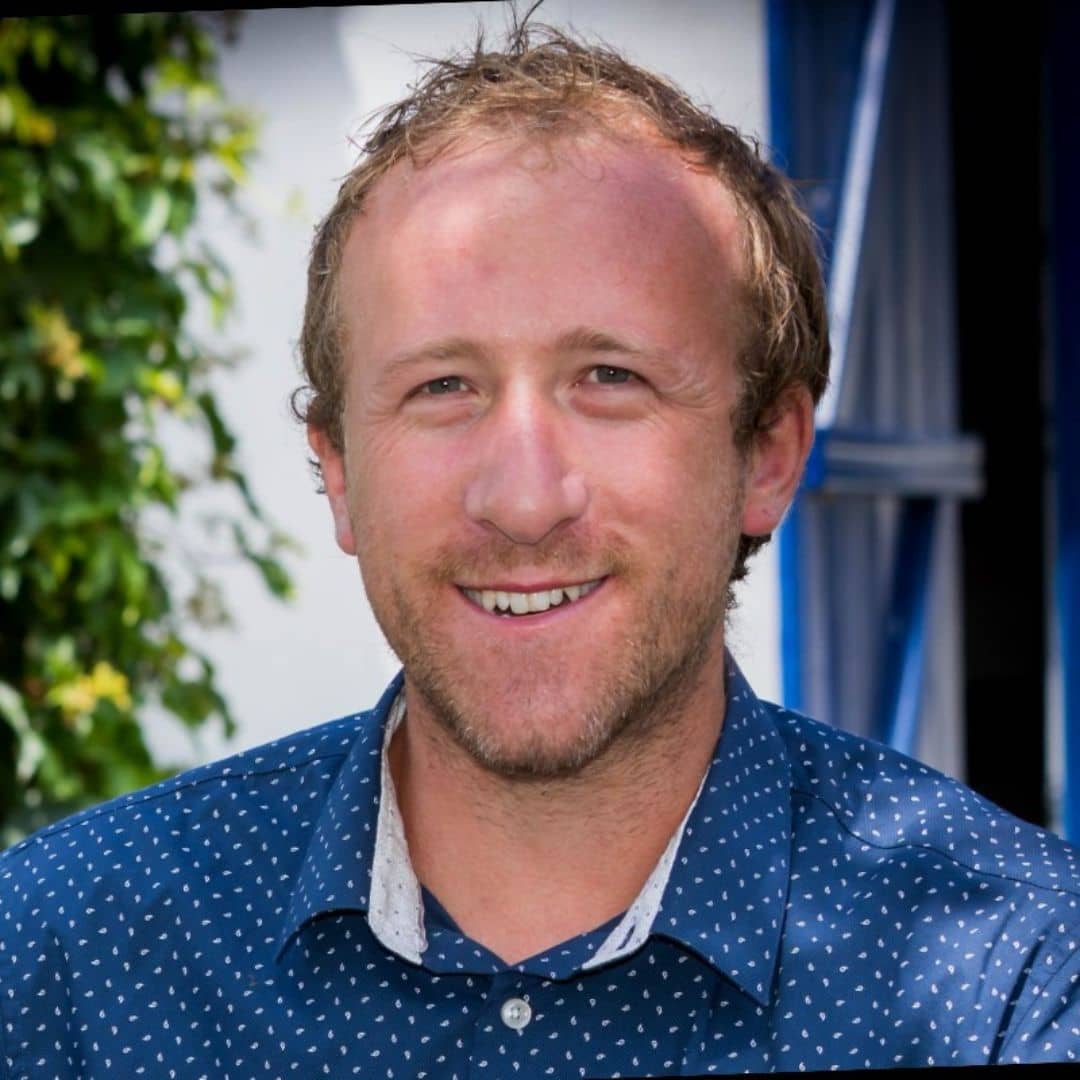
Tonio Maritato
Energy Transition and Services Project Manager, REDEO Energy, France

